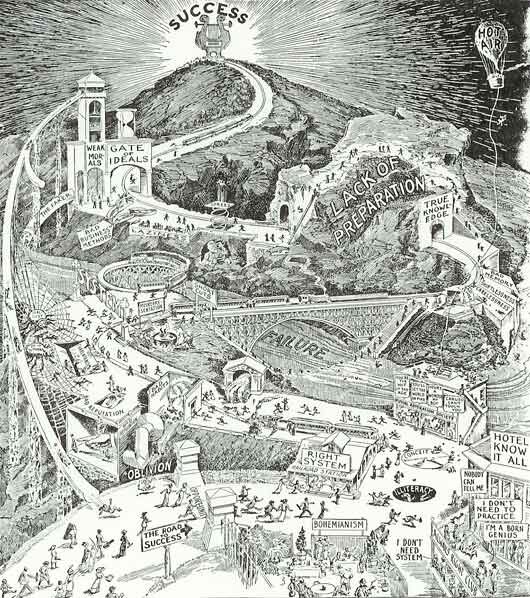Blogging is not (serious) writing, and that’s a good thing
September 19th, 2009 by joseIs blogging writing? Of course! You say. I would have said the same, before I encountered Jaron Lanier’s essay: 
The question of new business models for content creators on the Internet is a profound and difficult topic in itself, but it must at least be pointed out that writing professionally and well takes time and that most authors need to be paid to take that time. In this regard, blogging is not writing. For example, it’s easy to be loved as a blogger. All you have to do is play to the crowd. Or you can flame the crowd to get attention. Nothing is wrong with either of those activities. What I think of as real writing, however, writing meant to last, is something else. It involves articulating a perspective that is not just reactive to yesterday’s moves in a conversation.
What he means is simply that what ‘serious writing’ is about may well have nothing to do with blogging. Blogging is closer to stream-of-conciousness, barely any revisions; ‘serious writing’ for an academic paper implies maybe three paragraphs a day (depending on how much you know the topic!), lots of going back-and-forth with collaborators, and attention to wording that would make a lawyer look sloppy.

